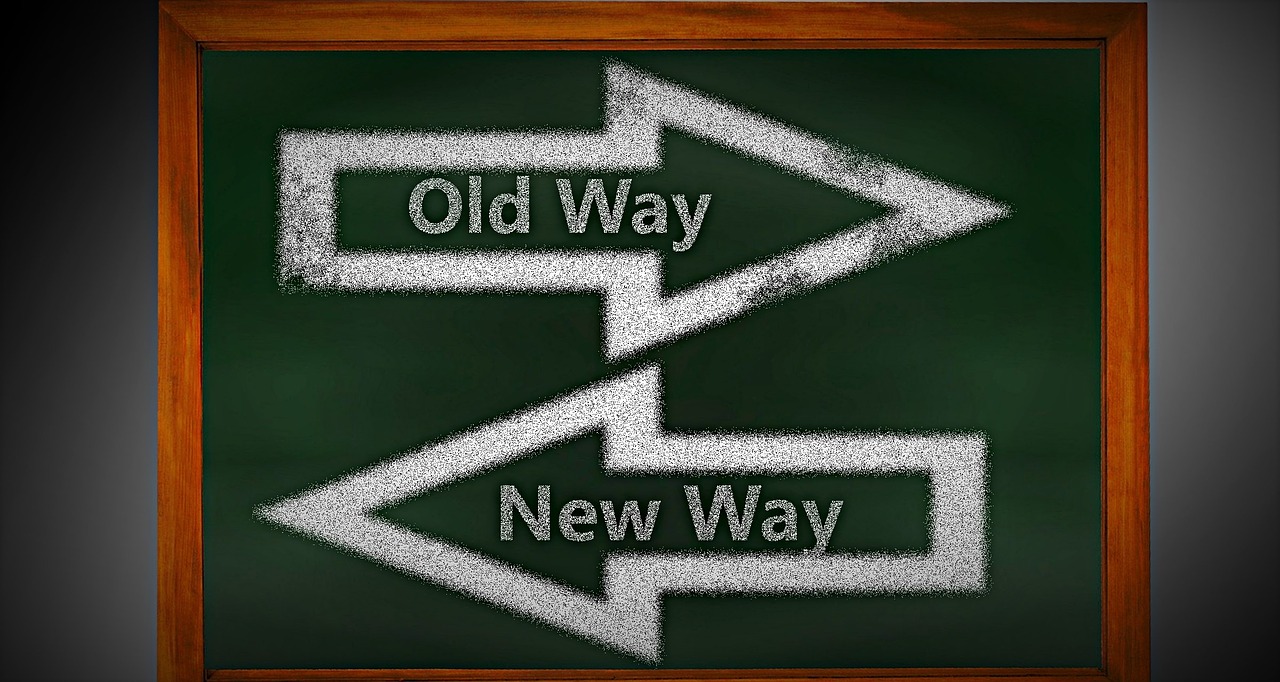
We all have moments in life where we decide to make a change. Sometimes it’s a career change, a relationship change, or even changing something about ourselves (communication, patterns of behavior, a bad habit, etc.). Whether you realize it or not, there are often certain, intentional steps that you take when you decide to make a change in your life. These steps are officially referred to as Prochaska and DiClemente’s Stages of Change Model.
Today on the blog, I’m going to talk about the Stages of Change and how knowing what they are can make you more intentional in shifting your life in a different direction. While reading, you may realize that you are actually in one of the stages, deliberating a change!
Precontemplation
In this stage, most people do not realize that they have a problem. You could say that people in this category believe that “ignorance is bliss”. When individuals are approached about their behavior, they may be dismissive or get defensive. They don’t see the problem, especially not how others see it. They may have blinders on to how bad their behavior or a habit has become.
Some examples of people in this stage may be a teenager who smokes weed nightly, an individual with Type 2 diabetes who refuses to change their diet or a professional who is in a dead-end job with no upward potential.
Contemplation
In this stage, individuals are considering a change but have not yet committed to it. Oftentimes, these individuals are sitting stagnant—they want to change, and yet they don’t want to. Since change is hard, a lot of people will stay in this stage for a long time. Sometimes not making a decision about change actually is making a decision! This stage is all about ambivalence and feeling very uncertain.
Some examples of people in this stage are a woman who wants to lose weight but has not looked into any lifestyle changes or fitness programs. It could also be a person who smokes cigarettes and knows they are bad for them and cause cancer, but they’re not sure they want to give smoking up.
Preparation
In this stage, individuals start to make plans to change within the next 30 days. They see the benefit in changing and start to line things up that they will need to alter. They start taking small baby steps. This stage is not very specific and there may be a lot of holes in the plan. But, this stage creates steps in a different direction they were previously heading in.
Some examples of people in this stage are an individual cutting back on the number of alcoholic drinks they have in a day, a person attaining a gym membership (but not yet attending any classes), or a person writing down their specific weight loss goals.
Action
In this stage, people begin taking intentional action to achieve their goals. They change their behavior, make a change, and stick with it. This stage begins on day one of the change and goes for the next 6 months. Individuals in this stage are deliberately changing behaviors, and therefore gaining new skills and insight. They are growing and becoming healthier.
Some examples of individuals in this stage are an alcoholic who has begun to attend AA meetings and is remaining sober, a woman who has been eating healthy and exercising consistently for over a month, or an individual who interviews and gets a new job.
Maintenance
In this stage, individuals have committed to a change for 6 months or more and are continuing to make strides in being healthier. They develop coping mechanisms to keep themselves from backsliding into past behaviors. They avoid temptation and work to avoid any relapses, by replacing old unhealthy habits with positive ones.
Some examples of people in this stage are a former heroin addict who has been in recovery for 5 years, a woman who lost 100 pounds and has been able to keep it off, and an individual who has been able to stay organized and keep a calendar for a while.
The Stages of Change and Therapy
As you may be able to imagine, many people cycle through the Stages of Change when they decide to start therapy. At first, they are in denial about even having a problem, issue, or hurt. Others may even point it out to them, but they cannot hear or see it. Then, maybe they begin to realize that they are not doing well. Maybe it’s an unhealthy relationship or a pattern of behavior that just isn’t working for them anymore. Maybe they are in a lot of emotional pain. They start to see that maybe they want to make a change—but then again, maybe they don’t. They may go back and forth for quite a while.
Then one day, they make their minds that it’s time. They are sick and tired of being sick and tired. They start researching therapists, and ask friends and family for a referral. Maybe they start writing down what they want to work on. Then they make an initial appointment.
They go to therapy for the first session, and then they make a second appointment. They stick with it. Then they take to heart the feedback and healthy coping mechanisms their therapist teaches them. They change their behaviors, learn healthier ways to communicate, and improve their relationships with those around them. The change is very evident to those in their lives. They do the hard work—and it pays off!
If you realize that you may be working your way through the Stages of Change, please reach out for help. Therapy can help you work through the Stages of Change to become healthier and learn new ways of being.
*Christy Fogg, MSW, LCSW is a licensed therapist at Journey to Joy Counseling. Christy enjoys doing marriage/couples counseling, individual counseling, premarital counseling. She also provides family counseling, teen and adolescent counseling.
Journey to Joy Counseling serves the Indianapolis area, including Carmel, Fishers, Noblesville, Zionsville, and Westfield.



